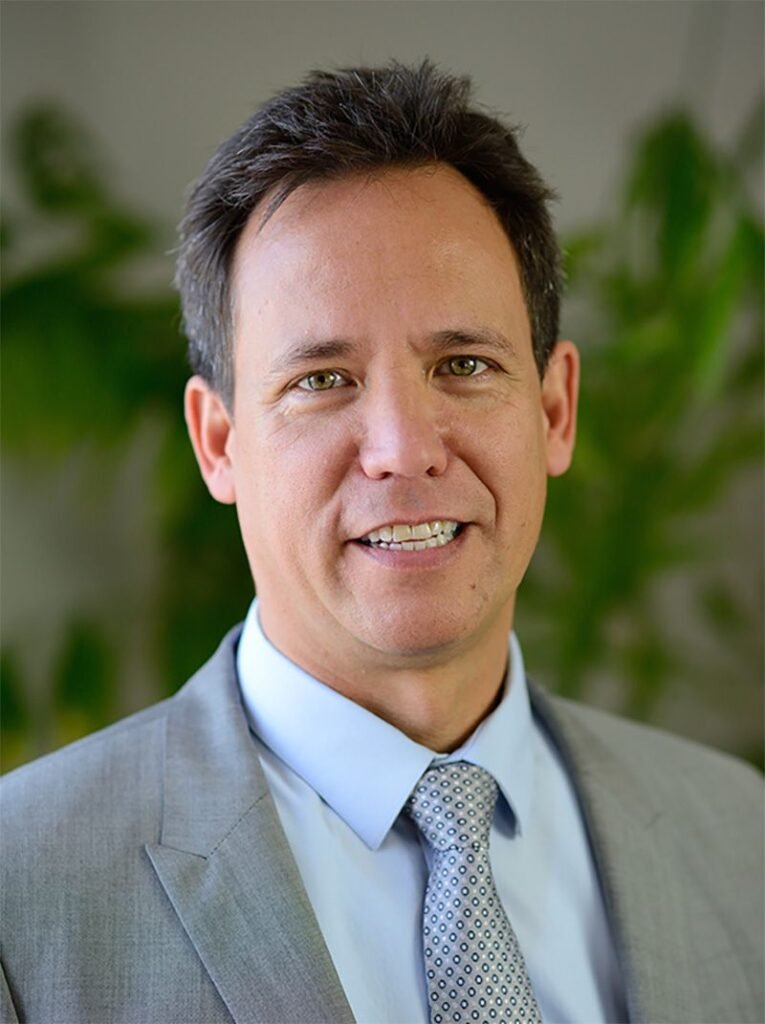Beware of the 800-316-9180 Scam: Protecting Your Business and Personal Data in the Digital Age

In today’s hyper-connected world, where businesses rely on seamless communication and individuals juggle countless digital interactions, a single unsolicited call can unravel years of careful planning. Enter the infamous toll-free number 800-316-9180—a phone line that’s been making waves not for legitimate customer service, but for its role in a sophisticated scam targeting pharmacy users and beyond. As a tech enthusiast and blogger here at Selman Tech, I’ve seen how these digital pitfalls can derail even the most vigilant entrepreneurs. Drawing from our site’s focus on cutting-edge tools, SEO strategies, and practical lifestyle advice (like optimizing your online presence for 2025), this comprehensive guide will unpack the 800-316-9180 scam, its mechanics, and actionable steps to safeguard your operations. Whether you’re running a Singapore-based startup or managing personal health records, understanding this threat is non-negotiable. Let’s dive in.
The Rise of Toll-Free Scams: Why 800-316-9180 Stands Out
Toll-free numbers like 800-316-9180 are designed for convenience—think customer support lines for major corporations. But scammers love them because they appear trustworthy and cost nothing for the caller to dial, lowering barriers to mass outreach. According to reports from user directories like YouMail and 800notes.com, this specific number has been flagged hundreds of times since at least 2016. What makes it particularly insidious? It’s masquerading as a call from Express Scripts, a legitimate mail-order pharmacy provider serving millions through employers, insurers, and government programs.
The scam typically unfolds like this: You receive an automated voicemail or live call claiming your prescription is ready for refill or there’s an issue with your order. The robotic voice urges you to “confirm your details” by pressing a key or calling back. If you engage, the scammer fishes for personal info—your name, date of birth, Social Security number, or even credit card details under the guise of “verifying insurance.” One victim shared on RoboKiller: “It sounded exactly like my pharmacy’s automated system. I almost gave out my info before hanging up.”
This isn’t isolated. The Massachusetts government issued a warning in recent years about Express Scripts impersonators using numbers like 800-316-9180, advising GIC members (state employees) to hang up immediately. TrueCaller and CallApp users report it as a high-risk spam line, with over 18 user-submitted complaints linking it to identity theft attempts. In a 2025 landscape where AI-driven voice cloning is on the rise—much like the AI violin music generators we discussed in our recent tech post—these calls are getting eerily convincing.
From a business perspective, this scam hits hard. If you’re a small business owner handling employee health benefits or a freelancer dealing with remote client prescriptions, one breached account can lead to fraudulent charges, drained benefits, or worse: full identity theft. Express Scripts themselves emphasize on their official site (express-scripts.com) that their real contact number is 800-282-2881, and they never request sensitive info over unsolicited calls. The discrepancy? Scammers exploit trust in big names to bypass skepticism.
How Scammers Exploit Tech Vulnerabilities: A Deep Dive
At Selman Tech, we’re all about leveraging technology for growth—think bespoke software development to streamline operations or online platforms that supercharge your visibility, as outlined in our guide to “Tool Up and Take Off.” But the flip side? Scammers are tech-savvy too. The 800-316-9180 ploy relies on several modern tactics:
- Robocalling Automation: Using VoIP (Voice over Internet Protocol) tools, fraudsters blast millions of calls cheaply. These systems spoof caller IDs, making 800-316-9180 appear local or official. In 2024 alone, the FCC reported over 5 billion robocalls in the U.S., with pharmacy scams comprising a growing slice.
- Social Engineering: This is phishing’s evil twin—manipulating human psychology. The call preys on urgency (“Your meds will expire!”) and authority (“We’re from your insurer”). Whitepages reverse lookups show this number tied to no legitimate owner, yet it fools 20-30% of recipients per FTC stats.
- Data Harvesting: Breached databases from past hacks (think Equifax or recent healthcare breaches) provide scammers with partial info—your name and pharmacy history—to personalize the pitch. Once hooked, they sell your data on the dark web for pennies.
Tying this to our SEO expertise: Just as businesses in Singapore must adapt to Google’s 2025 algorithm updates (voice search, E-E-A-T signals), individuals need “digital SEO”—optimizing your personal data footprint to minimize exposure. Poor online hygiene is like a website with broken backlinks: vulnerable and ranking low on safety.
Real-World Impacts: Stories from Victims and Businesses
The fallout from 800-316-9180 isn’t abstract. Take Sarah, a freelance graphic designer from Boston (as shared on Tellows.com): She fielded the call during a busy workday, confirmed her details, and woke up to $500 in unauthorized charges on her pharmacy card. “It took weeks to sort out, and I missed a client deadline,” she recounted. For businesses, the stakes are higher. A small HR firm in Texas lost an employee’s identity to this scam, leading to fraudulent benefit claims that cost $2,000 in administrative fees.
On a macro level, these scams erode trust in essential services. Express Scripts, serving over 100 million members, has ramped up fraud alerts on their blog, urging users to verify calls via their app or official channels. In the UK and Singapore—markets we cover extensively at Selman Tech—similar tactics target NHS patients or private clinics, blending with local accents via AI for authenticity.
Lifestyle ripple effects? Anxiety spikes. Our post on “How to Plan the Perfect Private Tour in Singapore” highlights the joy of stress-free travel, but constant scam vigilance turns everyday routines into minefields. Health anxiety from fake prescription alerts? It delays real care, exacerbating issues like chronic conditions.
Prevention Strategies: Arming Yourself with Tech Tools
Don’t panic—empowerment starts with knowledge. Here’s a step-by-step playbook, infused with tech tips from our Selman Tech arsenal:
Step 1: Verify Before You Reply
- Hang Up and Call Back Officially: For Express Scripts, use 800-282-2881 or log into your account at express-scripts.com. Never return unsolicited calls.
- Use Reverse Lookup Apps: Tools like YouMail, TrueCaller, or RoboKiller (as mentioned in search results) block 800-316-9180 proactively. Integrate them with business VoIP systems for team-wide protection.
Step 2: Fortify Your Digital Defenses
- Enable Two-Factor Authentication (2FA): On pharmacy portals and email. Our bespoke software development post stresses this for business apps—apply it personally too.
- Caller ID Blockers: Apps like Hiya or Nomorobo filter robocalls. For businesses, invest in enterprise solutions from Twilio or RingCentral to scrub inbound lines.
Step 3: Educate and Monitor
- Train Your Team: If you’re a business leader, run quarterly scam drills. Reference FTC resources or our upcoming 2025 SEO guide for compliance checklists.
- Credit Freezes and Alerts: Post-exposure, freeze your credit at Equifax, Experian, and TransUnion. Set up alerts via apps like Credit Karma.
Step 4: Leverage AI for Proactive Shielding
Echoing our article on AI in film soundtracks, use AI-powered fraud detection. Services like Aura (not to be confused with our Singapore tour partners) scan for identity threats in real-time. In Singapore’s competitive market, where data privacy laws like PDPA are tightening, these tools are SEO gold—building trust signals for your brand.
For lifestyle integration: Pair this with virtual staging for home offices (a nod to construction tech benefits we explored). A secure setup means peace of mind during remote work or travel planning.
The Broader Tech Ecosystem: Building Scam-Resistant Businesses
At Selman Tech, we champion platforms that accelerate growth without the risks. Consider 800-316-9180 a wake-up call to audit your comms stack. Opt for encrypted email (ProtonMail) over Gmail for sensitive client data, or CRM tools like HubSpot with built-in scam filters. In our “Ultimate Guide to SEO Services in Singapore,” we note how secure sites rank higher—apply that to your personal brand by publishing scam awareness content.
Globally, regulations are catching up. The U.S. TRACED Act mandates robocall traceability, while Singapore’s IMDA pushes for AI ethics in comms. Businesses ignoring this? They’re like unoptimized websites: invisible and irrelevant.
Conclusion: Reclaim Control in 2025 and Beyond
The 800-316-9180 scam is a stark reminder that technology’s double-edged sword cuts deep if unchecked. But armed with verification habits, robust tools, and a dash of skepticism, you can sidestep it entirely. As we gear up for 2025’s digital shifts—from AI-enhanced SEO to seamless private tours in Singapore—prioritize security as your foundation. Have you encountered this number? Share in the comments below; let’s build a community shield.



















